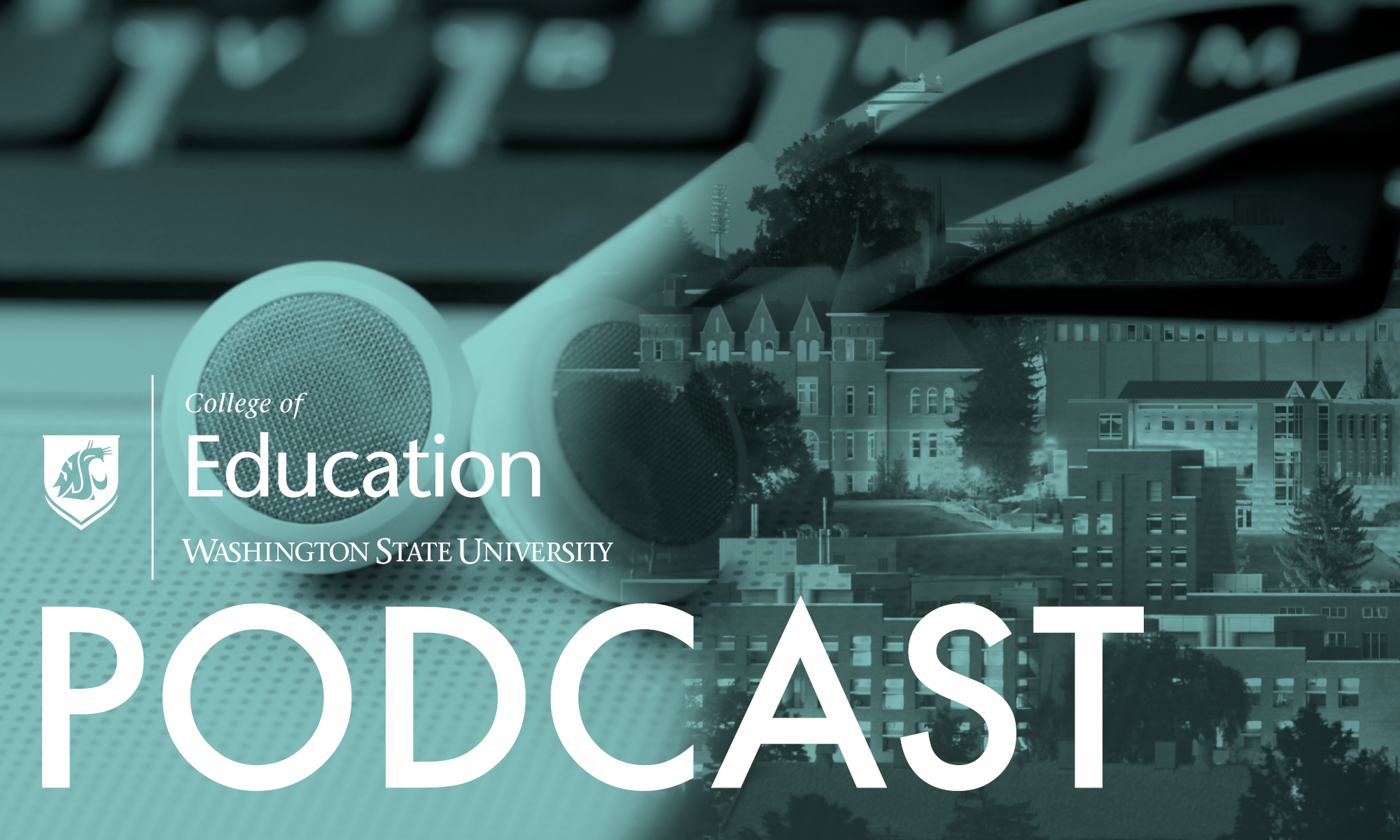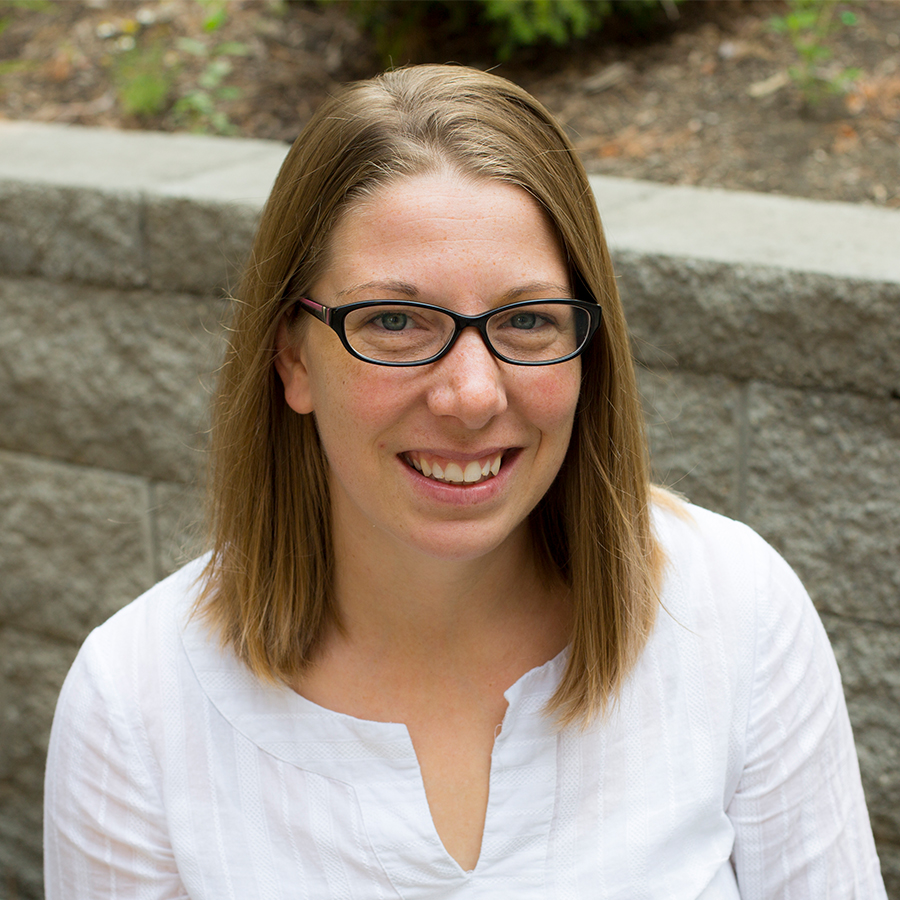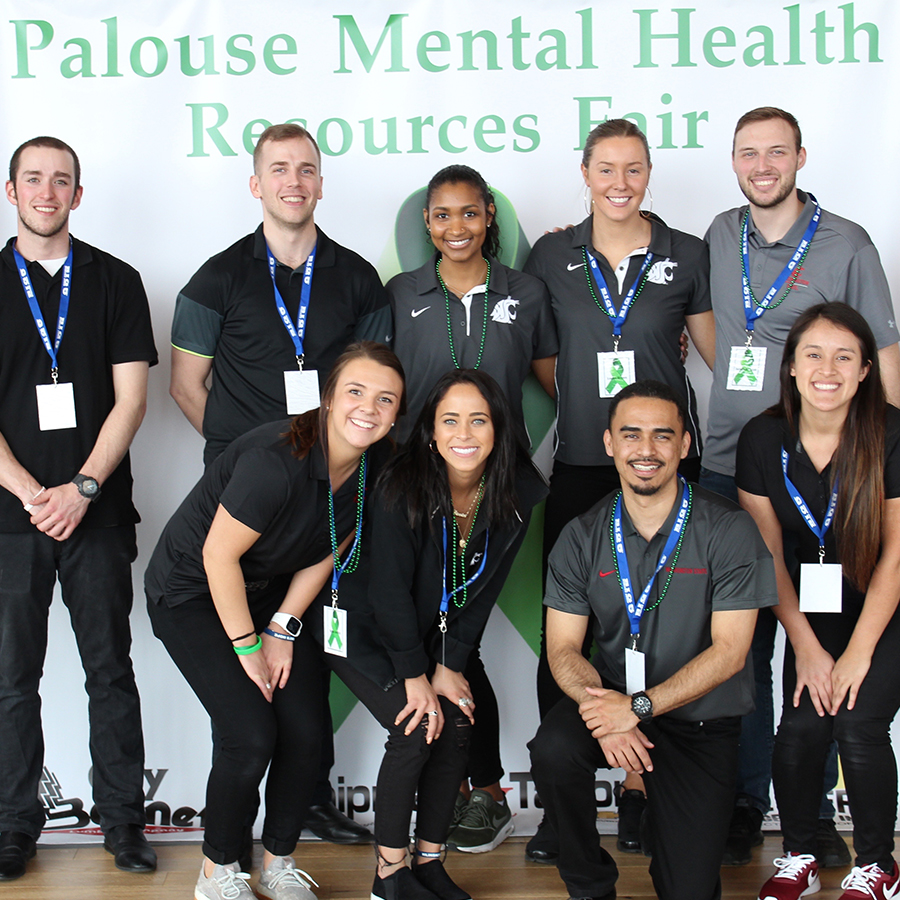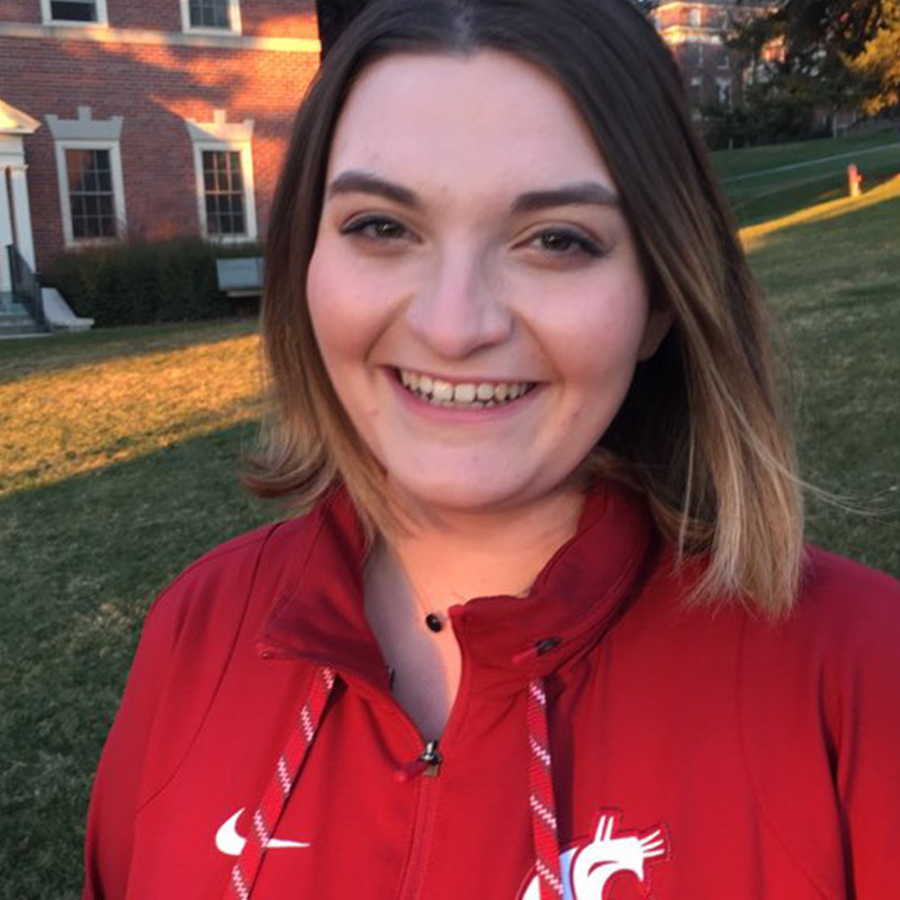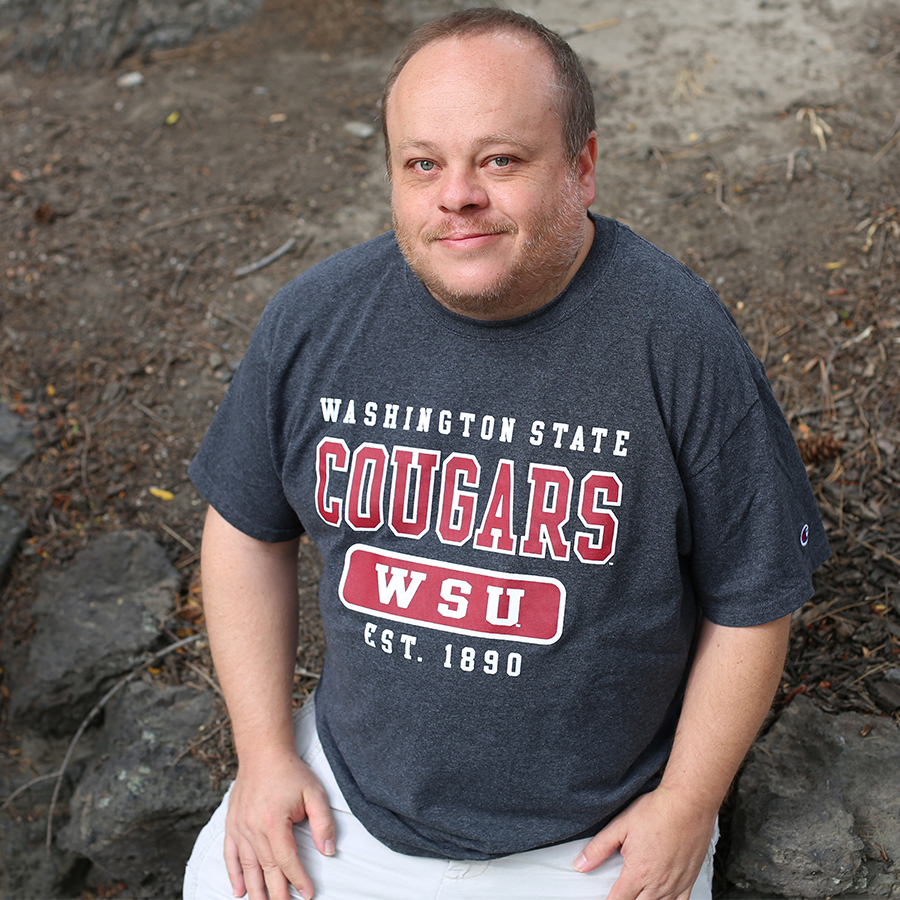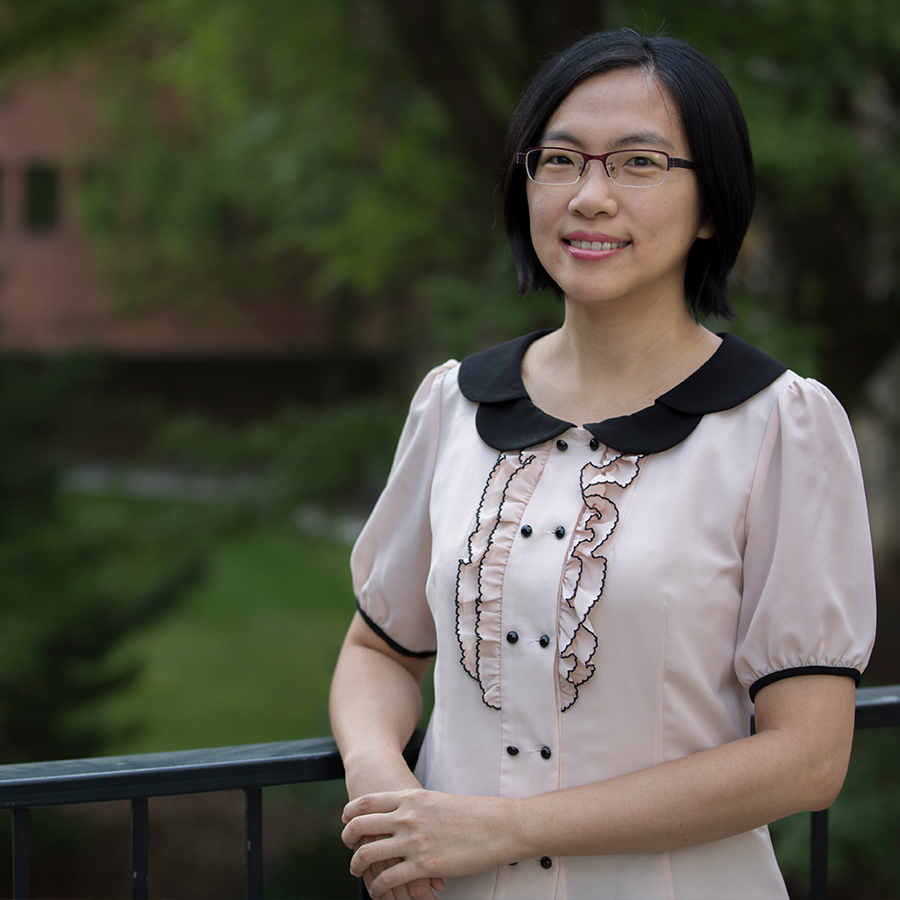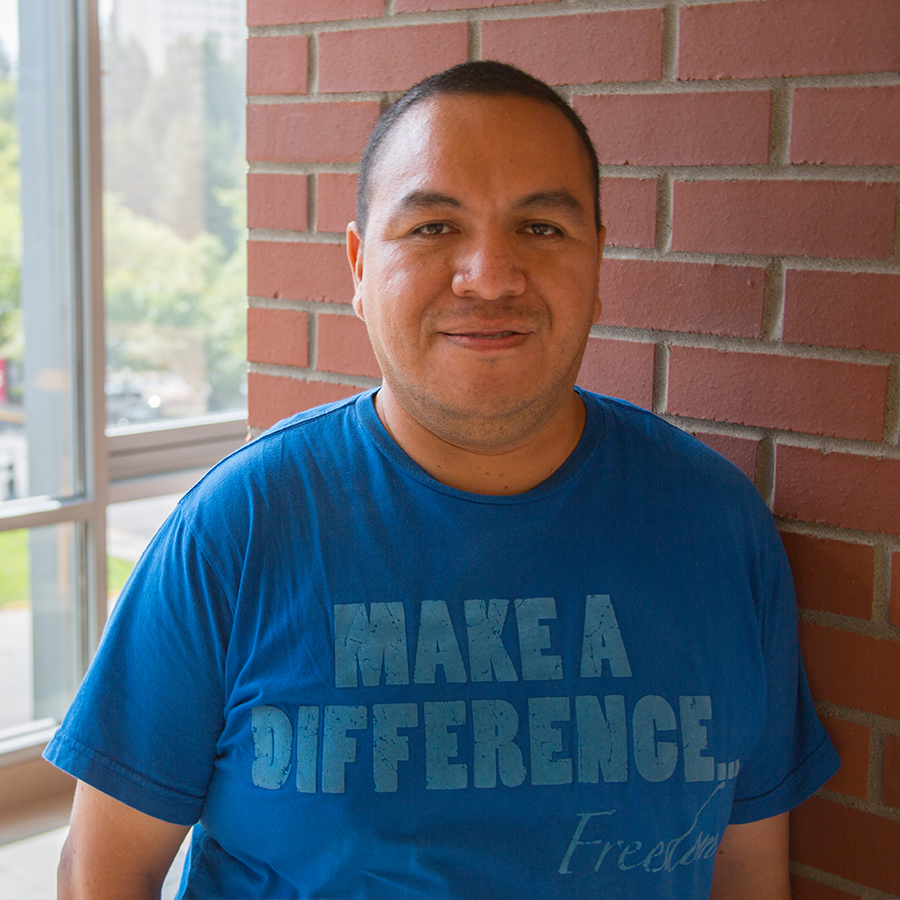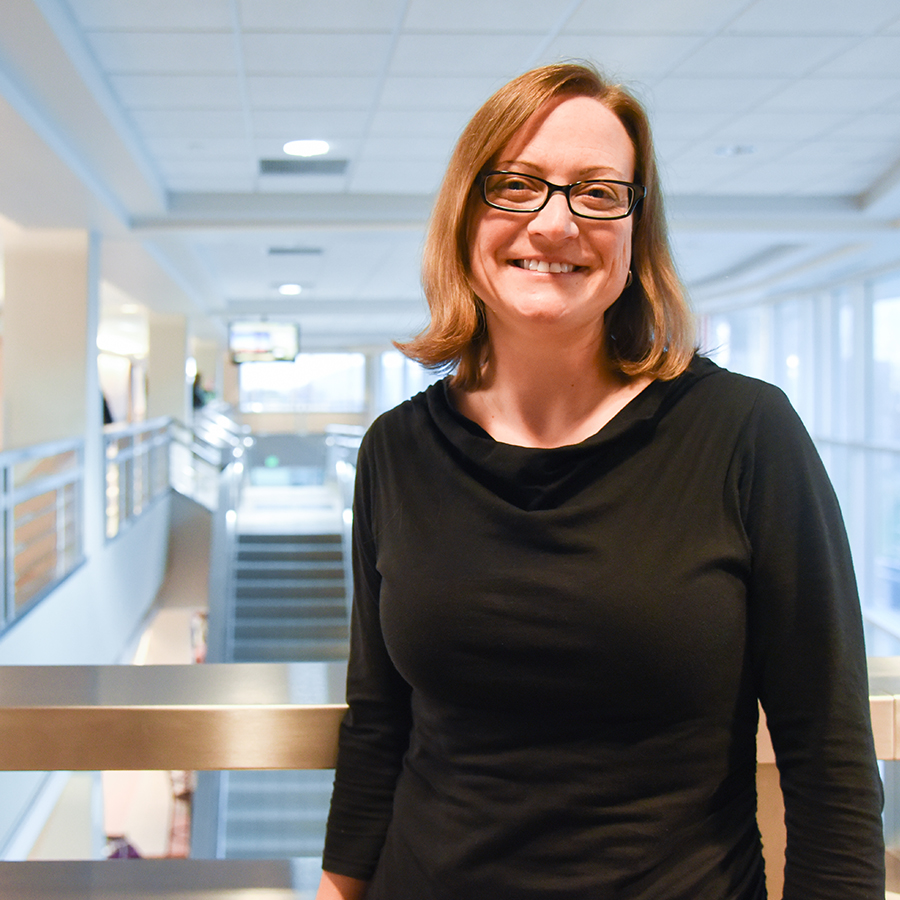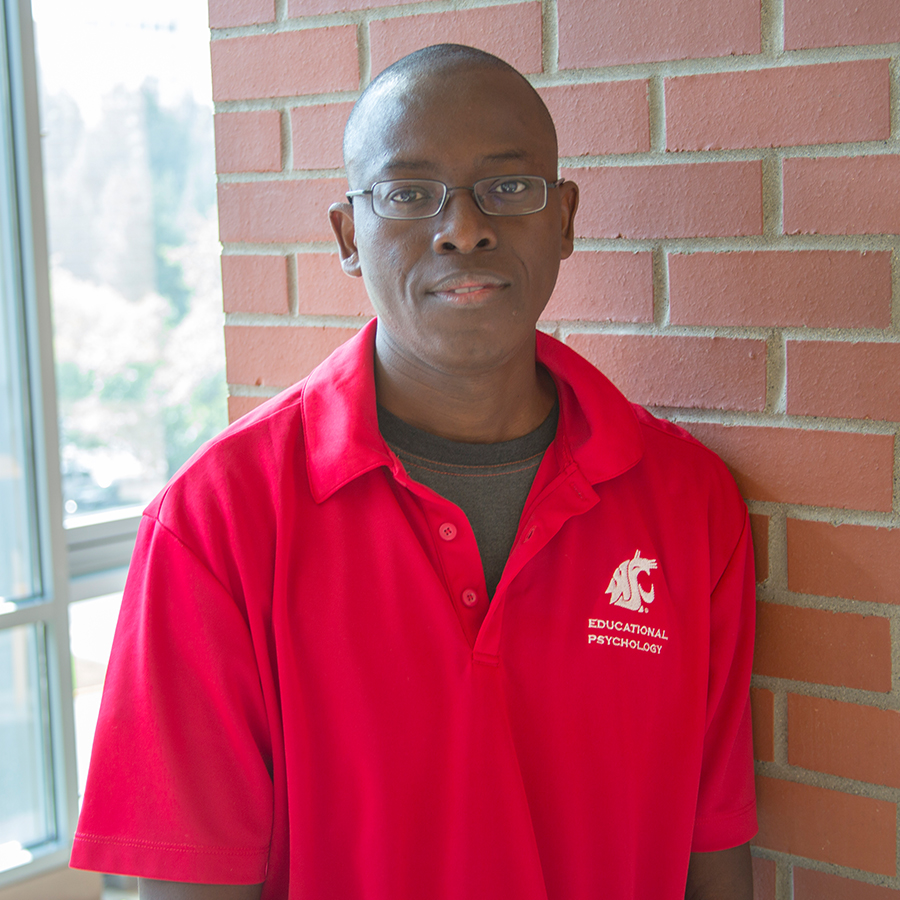It is commonly agreed that practicum-based learning is essential for success in a variety of different careers. This is especially true for educators who already get great experience through this process. Yet, many preservice teachers feel unprepared to work with culturally- and linguistically-diverse students. Enter case-based instruction which assistant professor of educational psychology Kira Carbonneau says could give an authentic classroom-like experience to these preservice teachers.
Podcast (educationeclipse): Play in new window | Download
Subscribe: RSS
